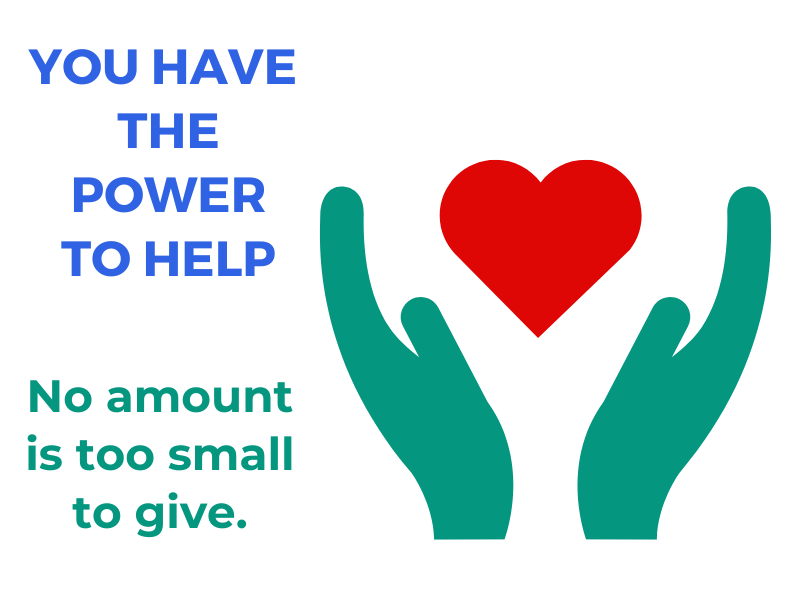THE BENEFITS OF MUSIC AND SENIOR CITIZENS
With the increasing concern surrounding the health impacts of loneliness and social isolation in the general American population, particularly among older adults, the potential of music to foster connections and promote healthy aging is significant. Music, being a universal language, has the ability to enhance well-being in various ways. Studies have suggested that music contributes to healthy aging by boosting moods, nurturing social ties, and potentially enhancing brain health. Recent scientific research has demonstrated that music's influence goes beyond psychological effects, leading to measurable physiological changes.
Singing in a group triggers the release of oxytocin in the brain, a hormone that naturally induces feelings of bonding, unity, and security, fostering warmth towards loved ones. This hormone can also evoke feelings of spiritual awe, alleviate chronic pain, anxiety, and feelings of isolation. Music has shown remarkable efficacy in the treatment of dementias, including Alzheimer's disease.
The profound impact of music is undeniable; it can evoke both smiles and tears, inspire movement and dance, and connect us to significant moments in our lives. Studies have indicated that listening to music can enhance cognitive skills, working memory, and recognition abilities.






